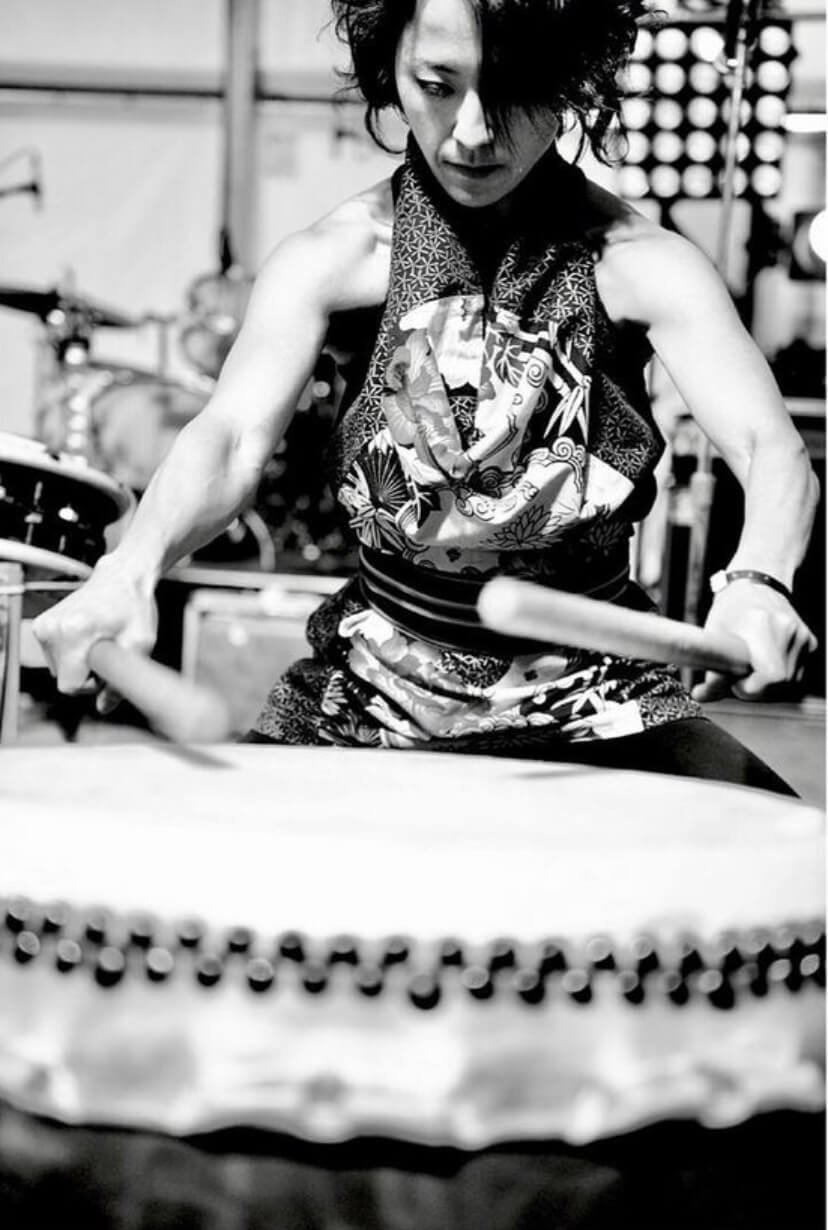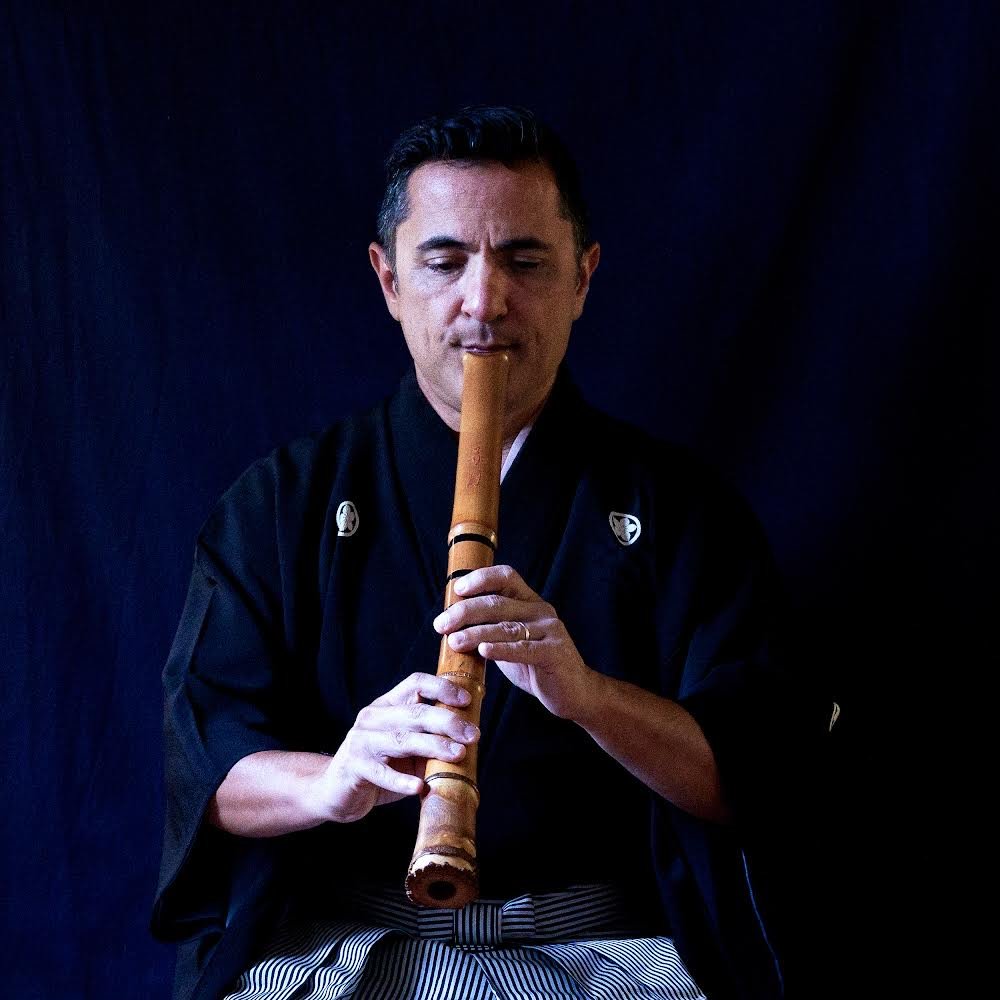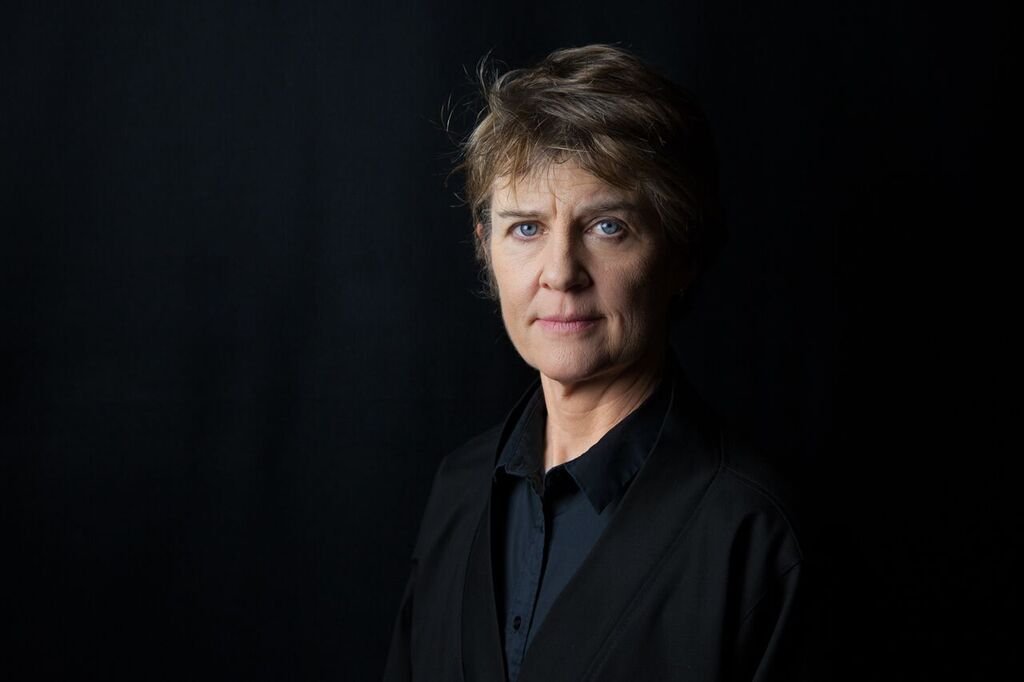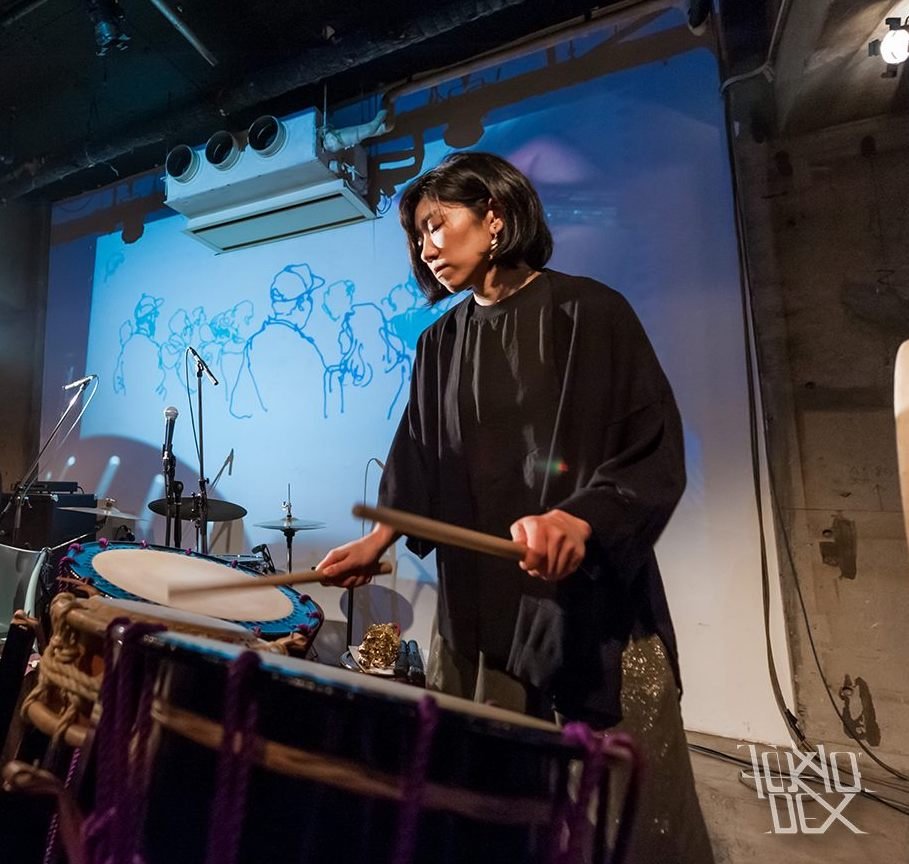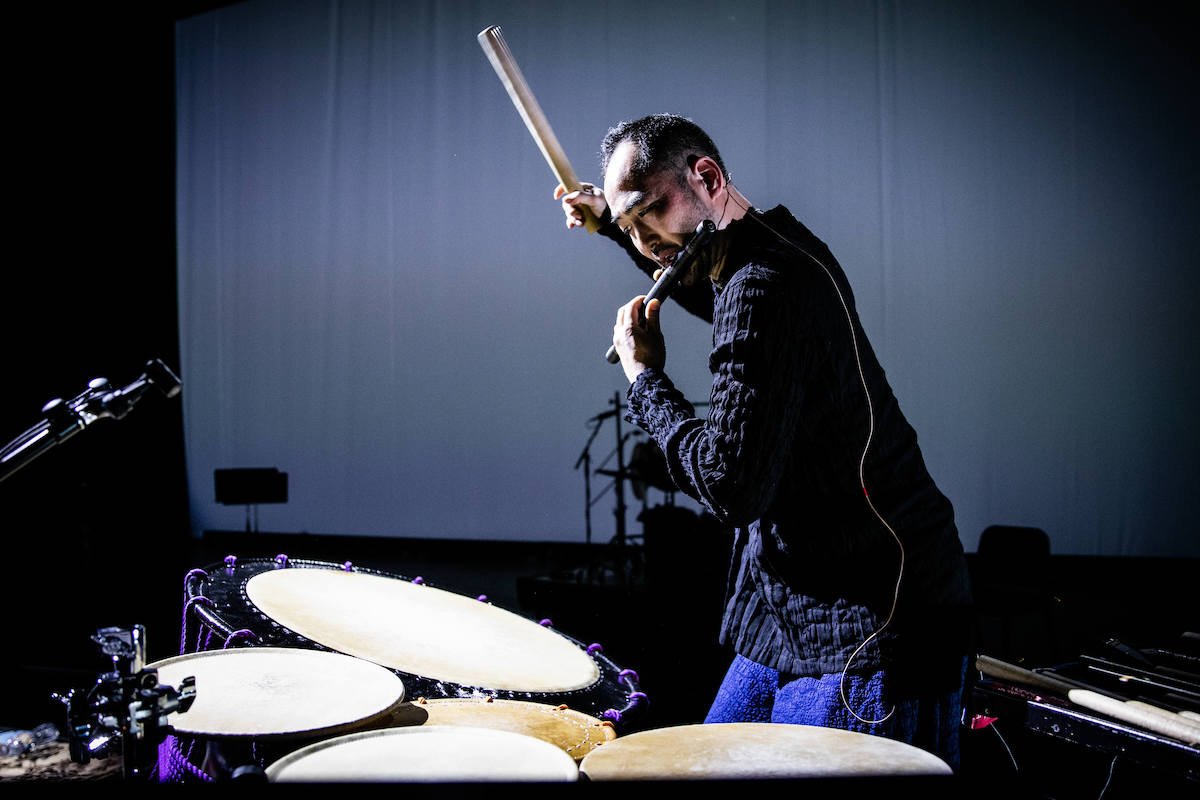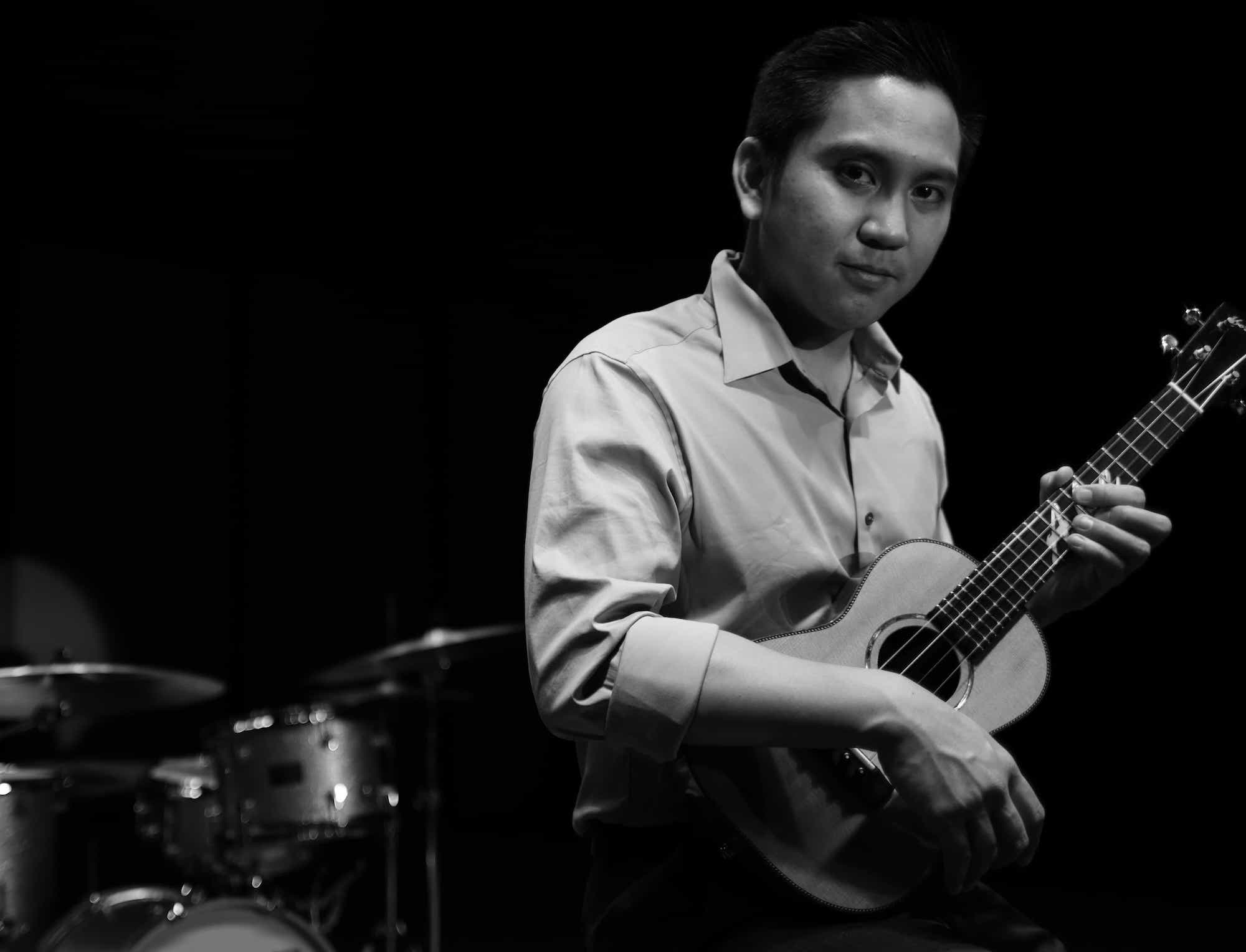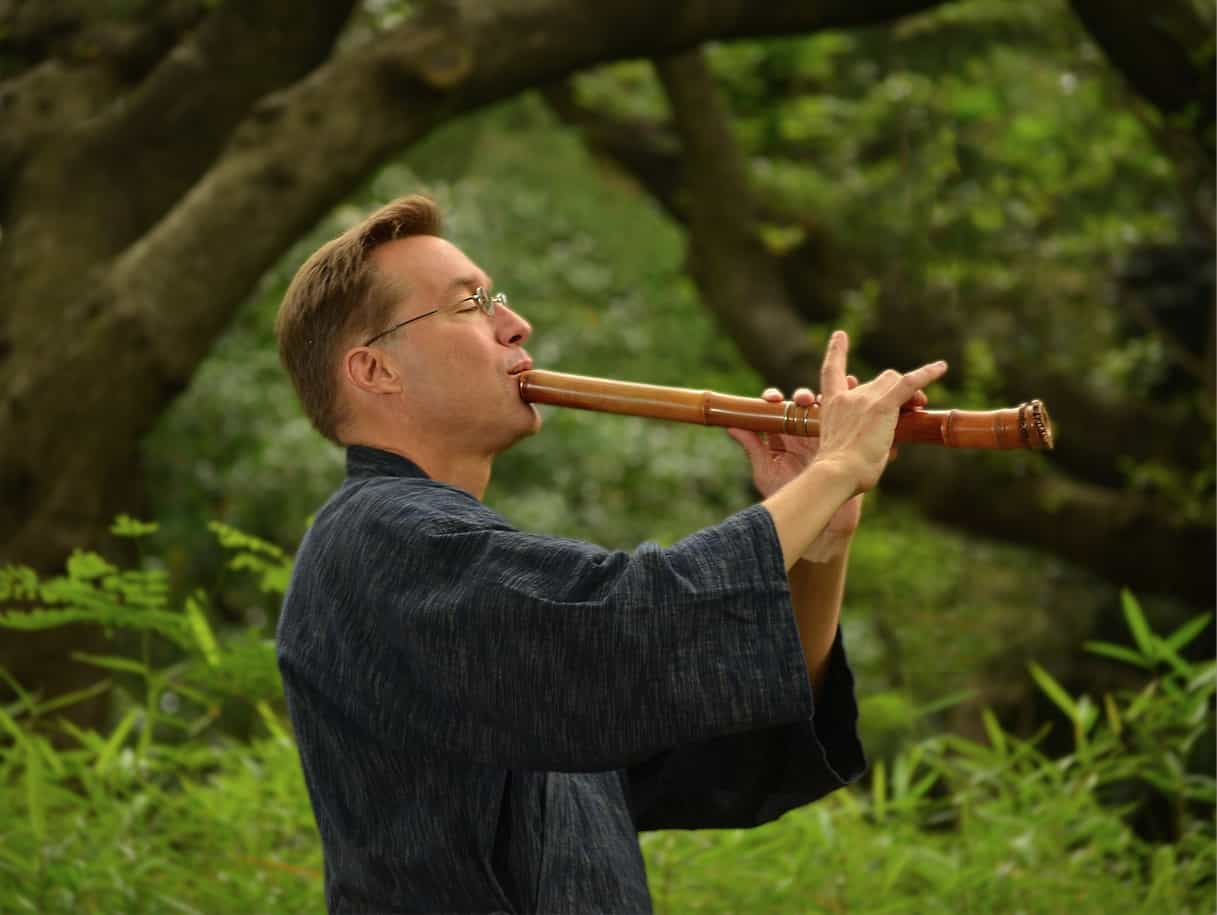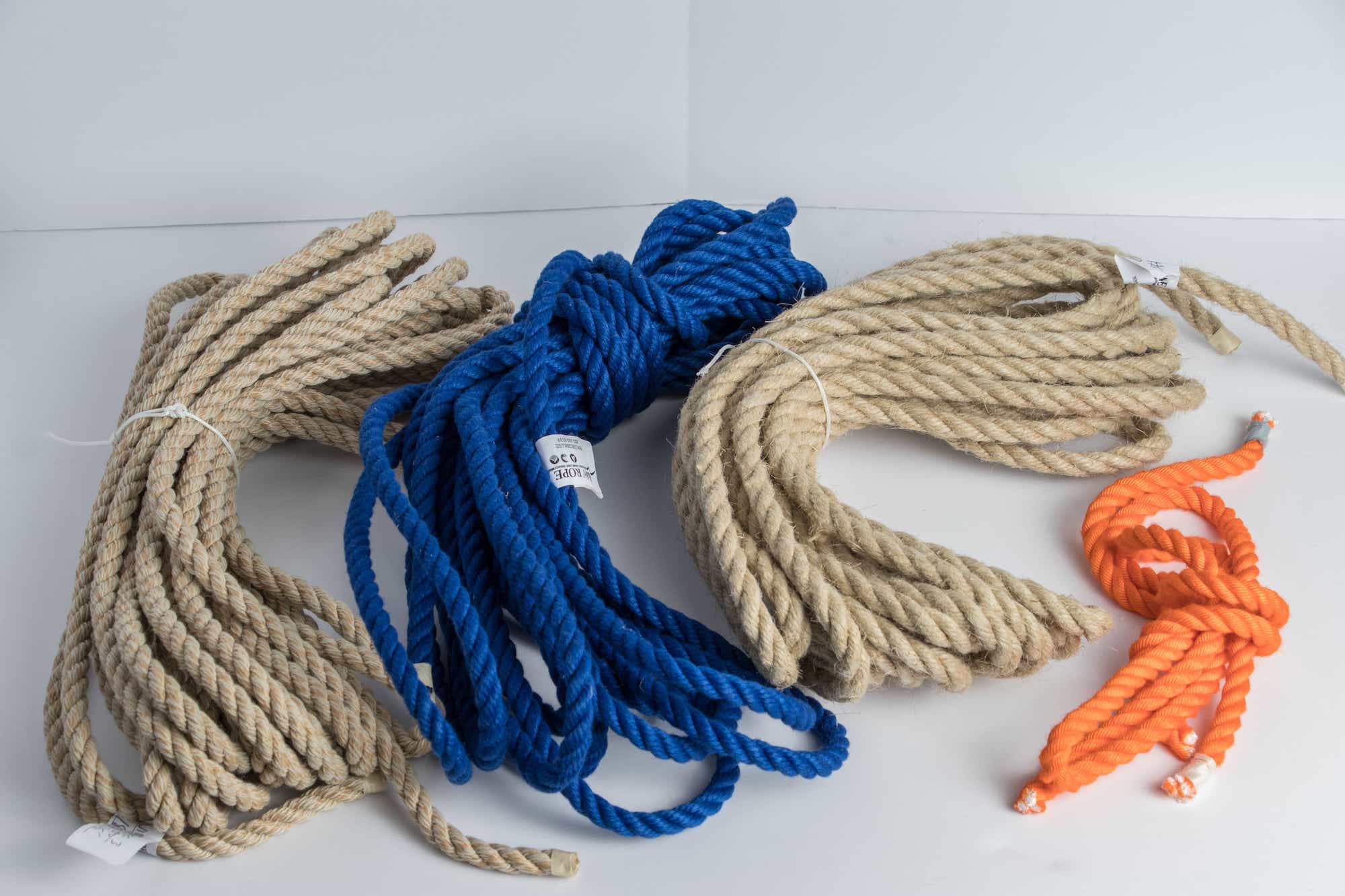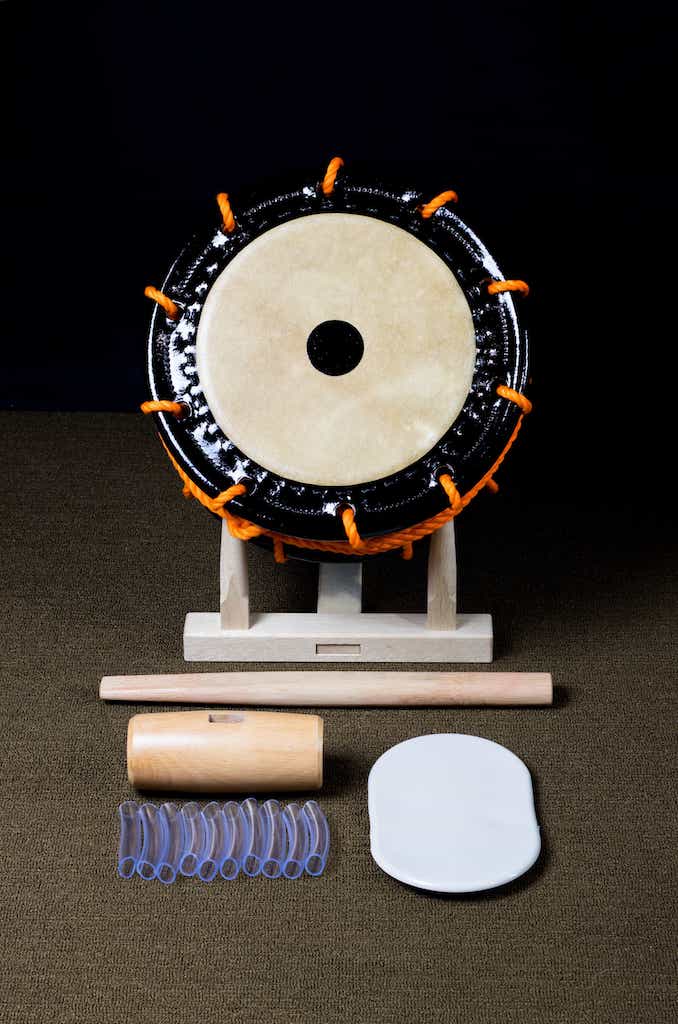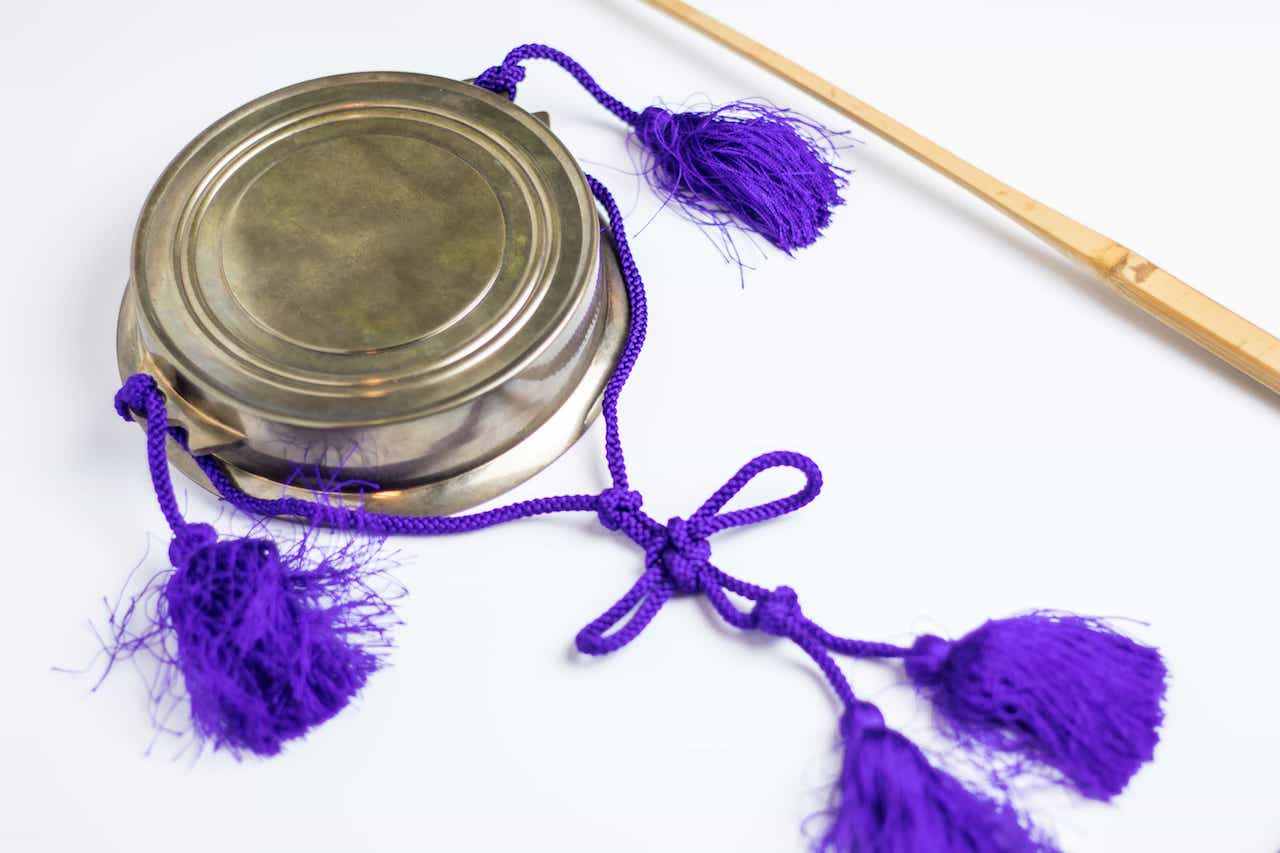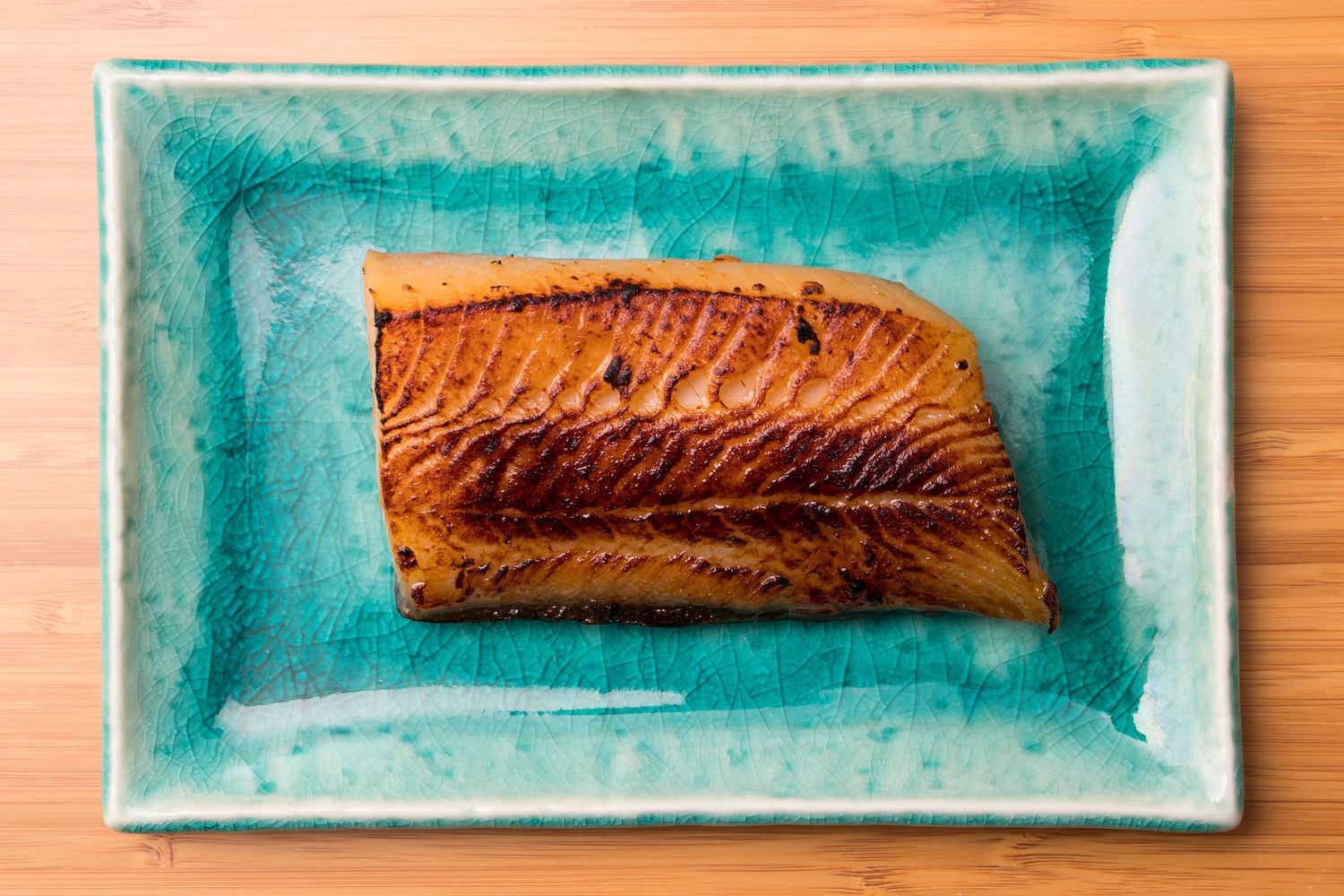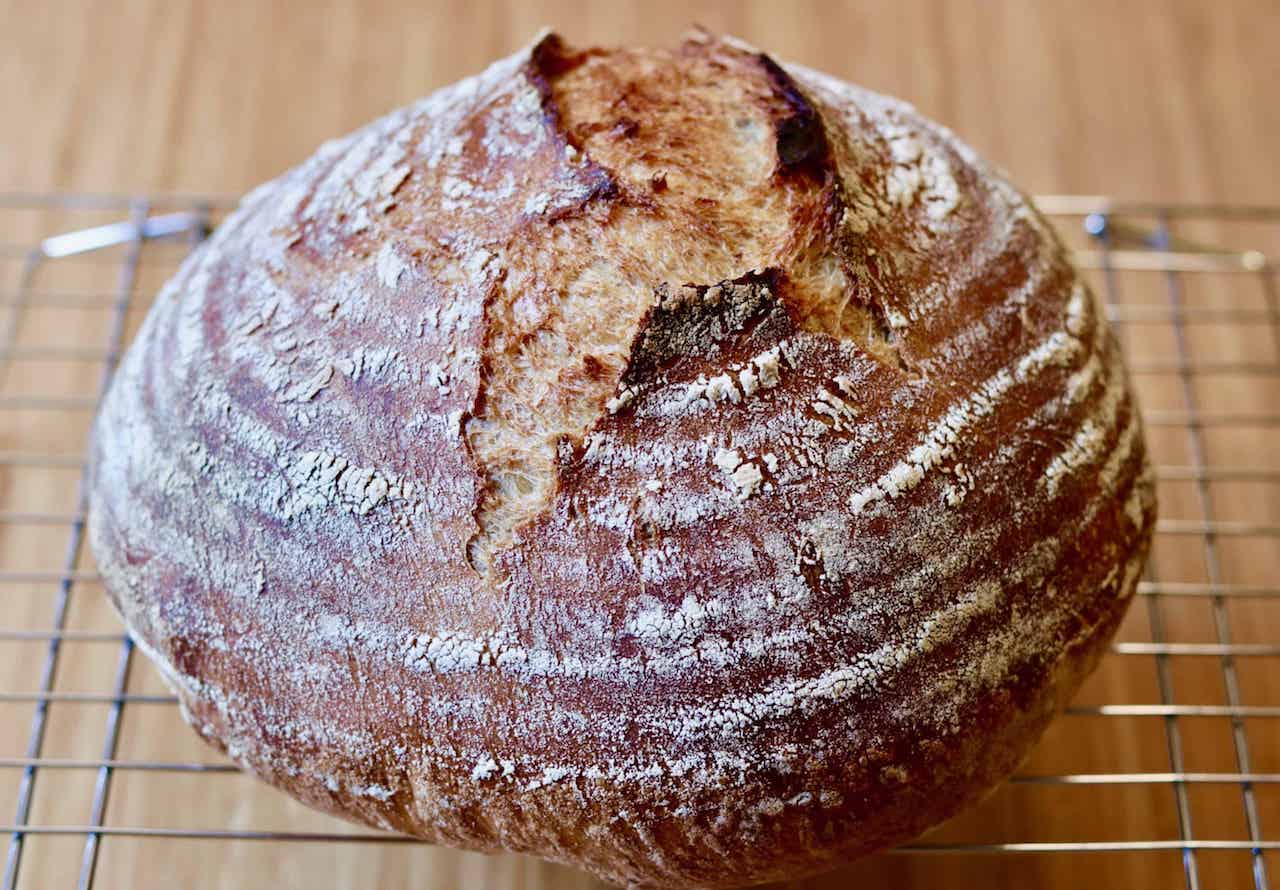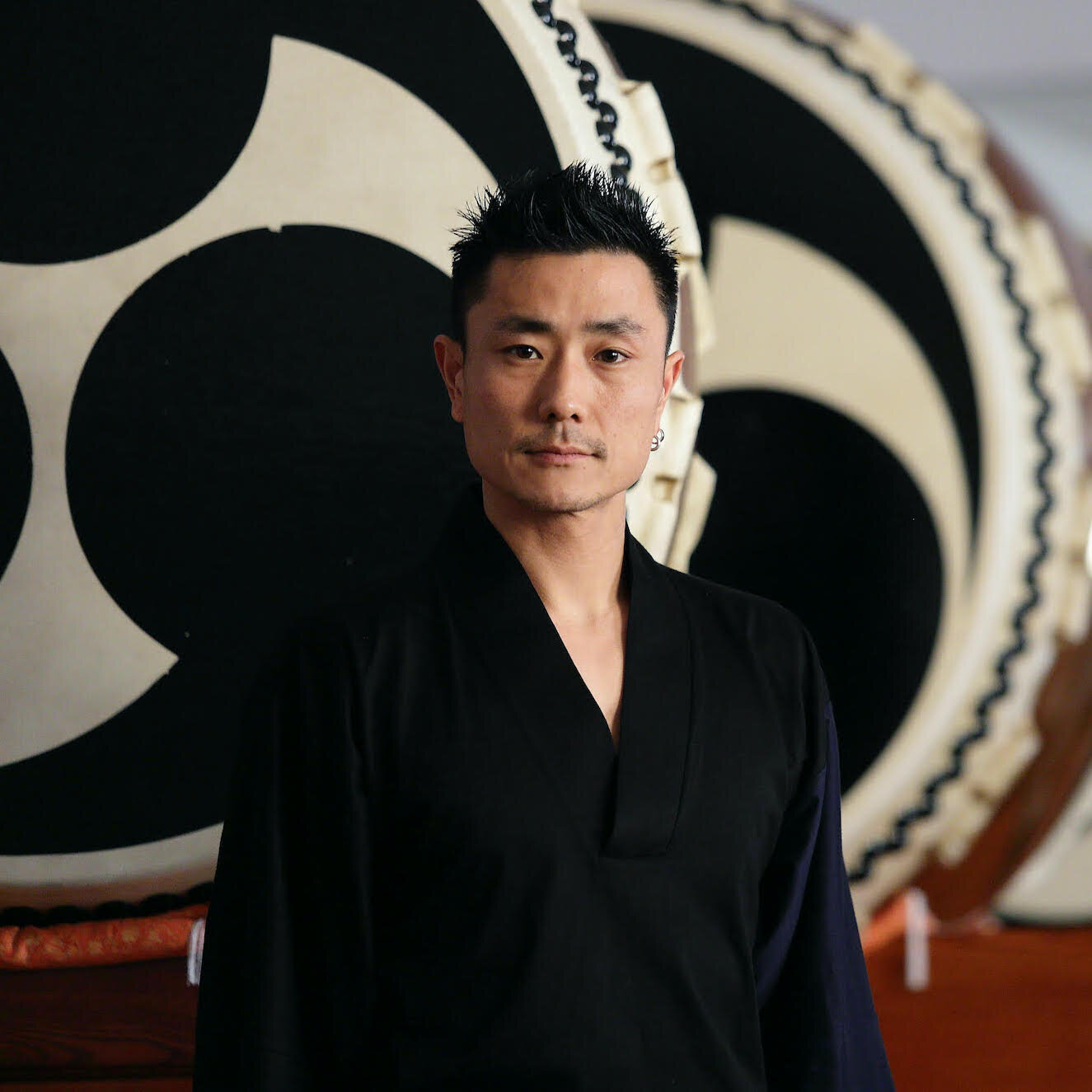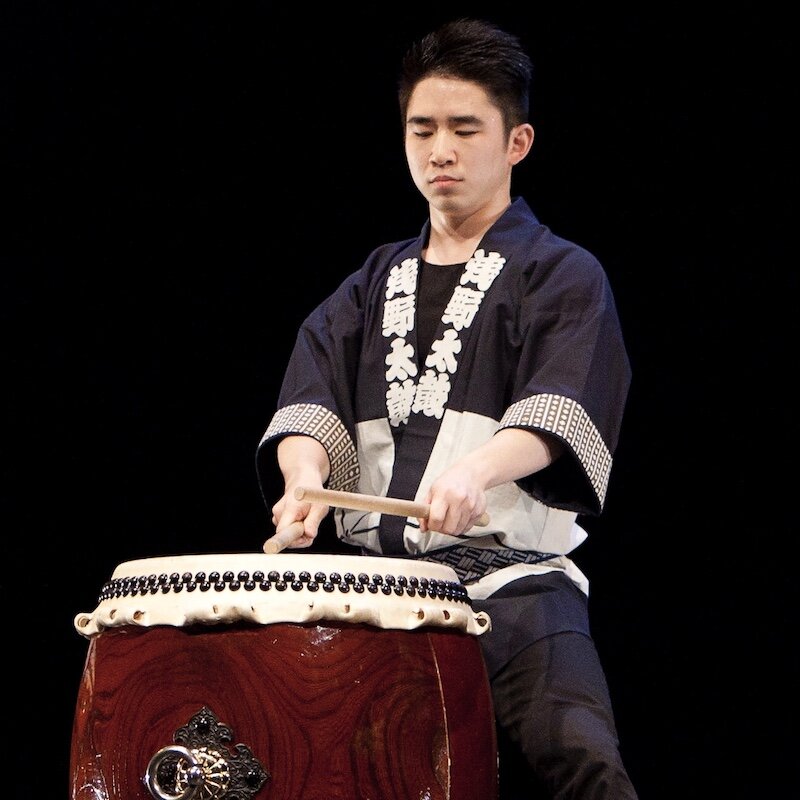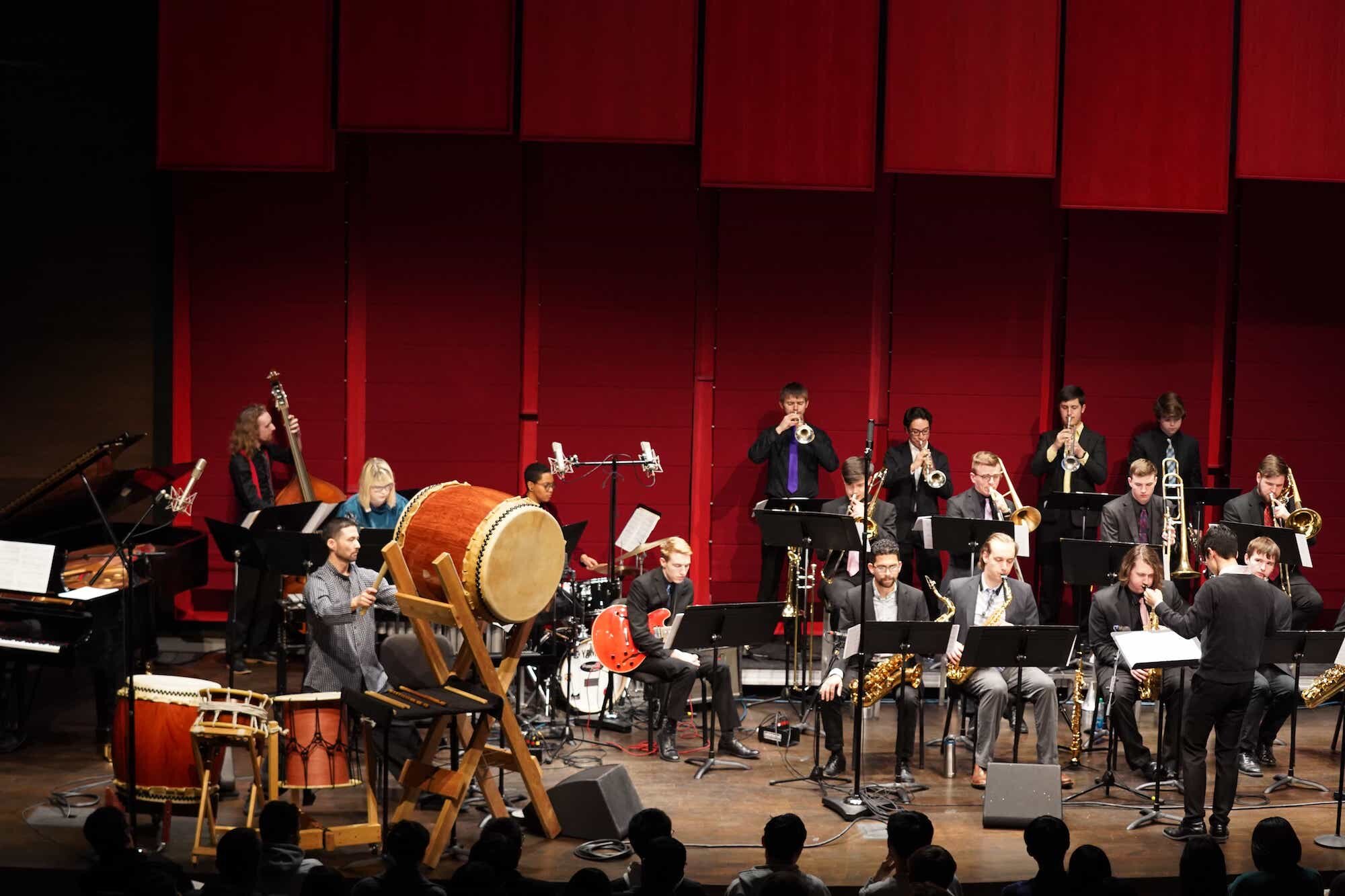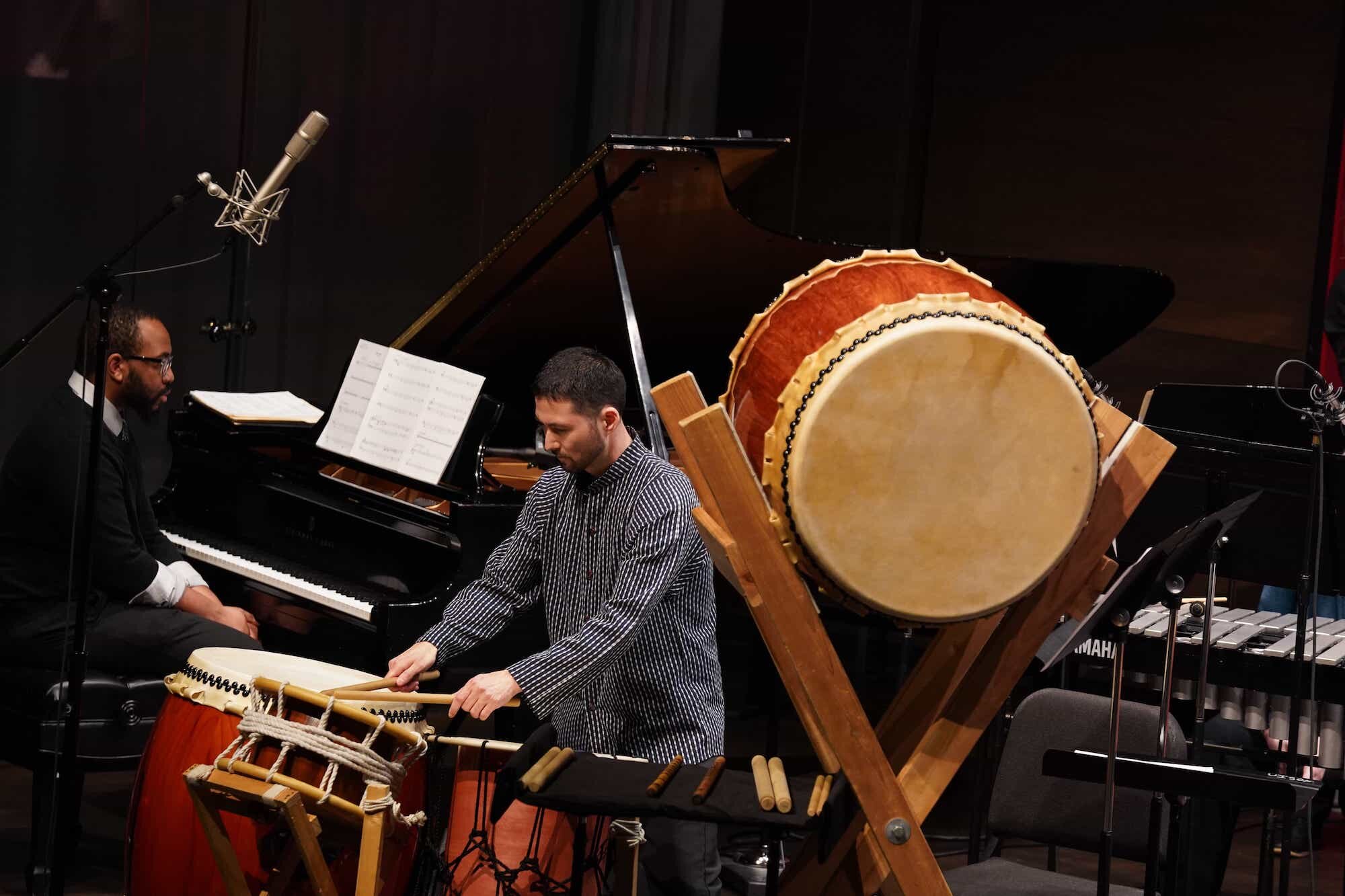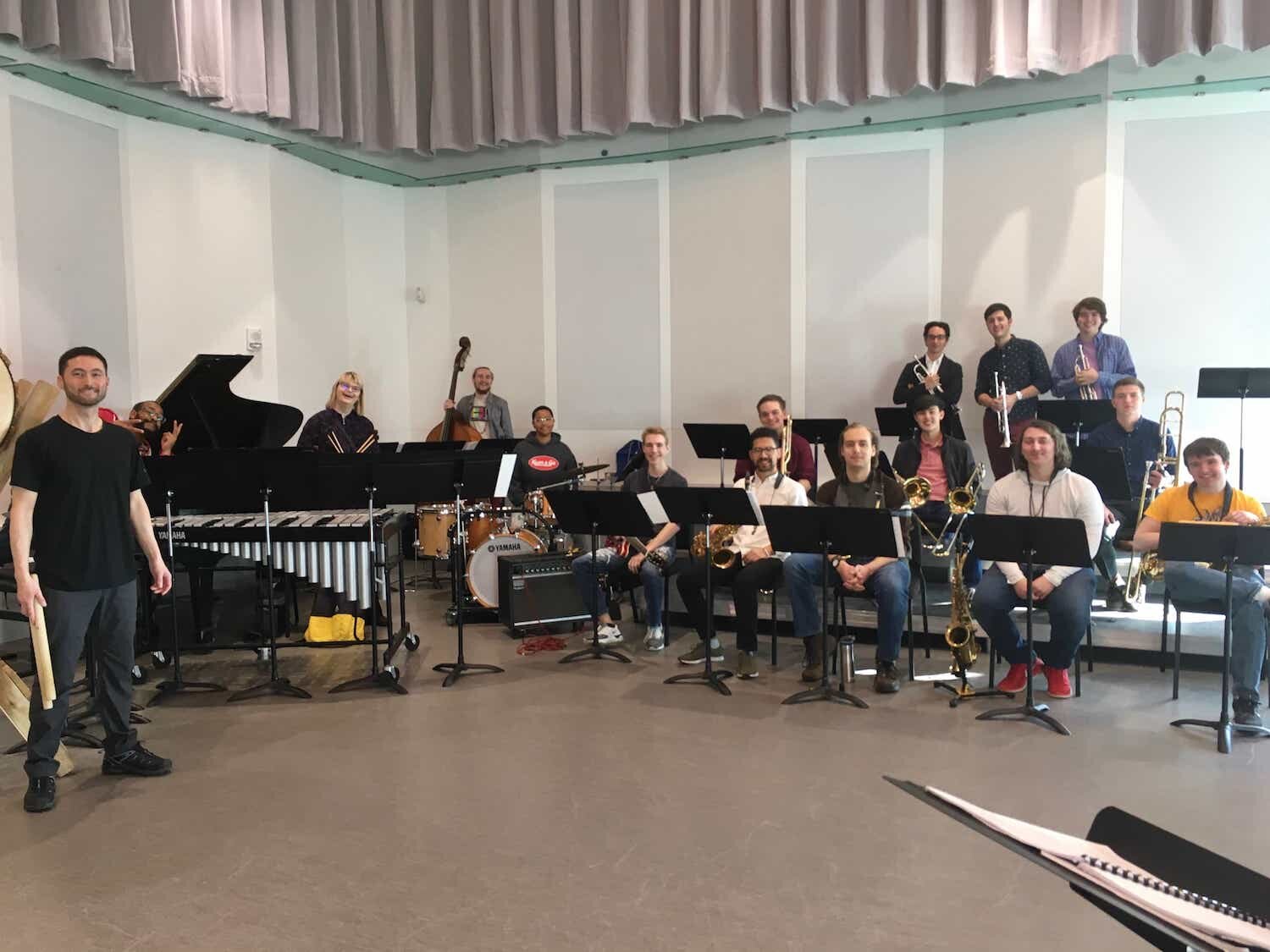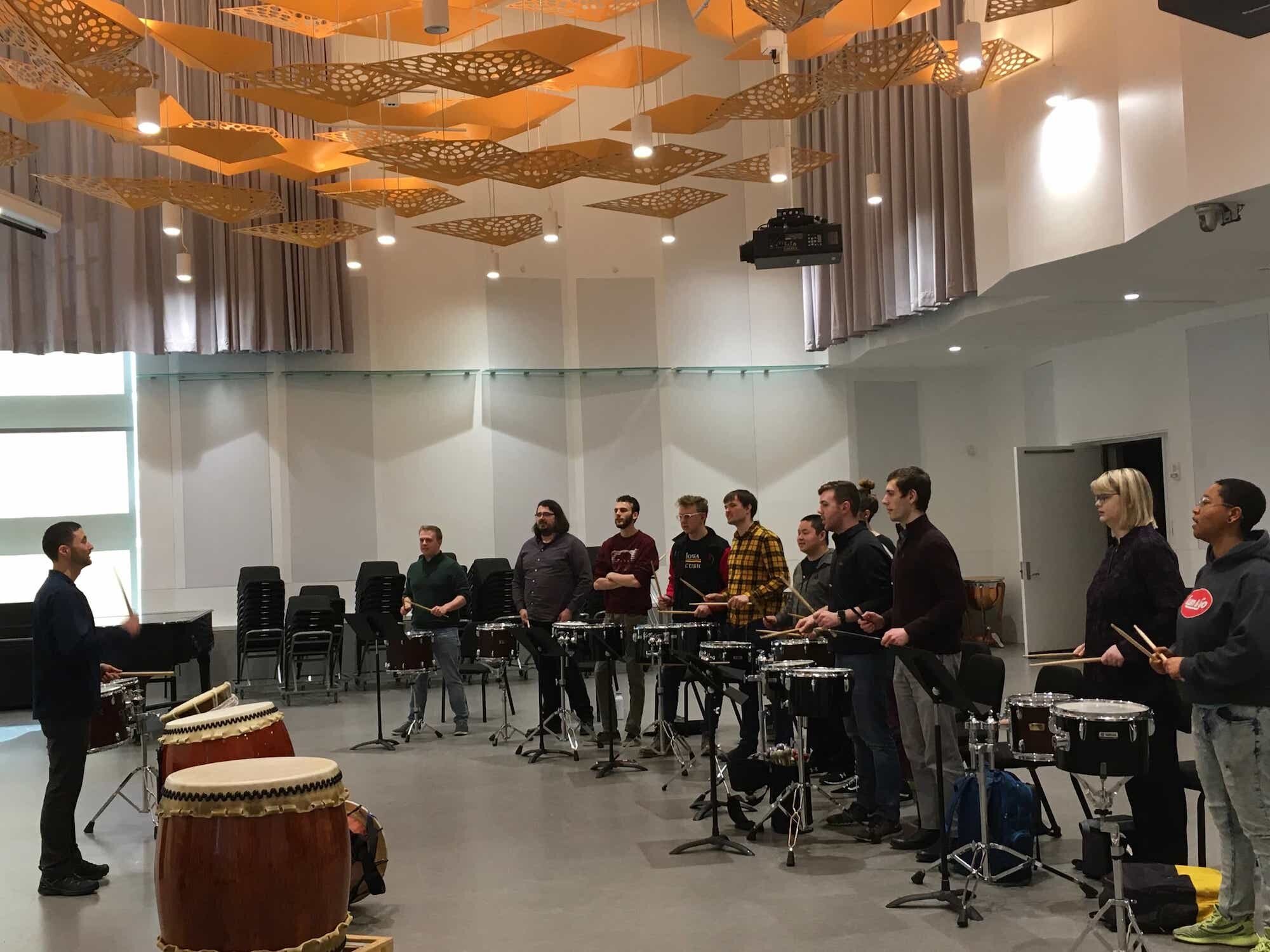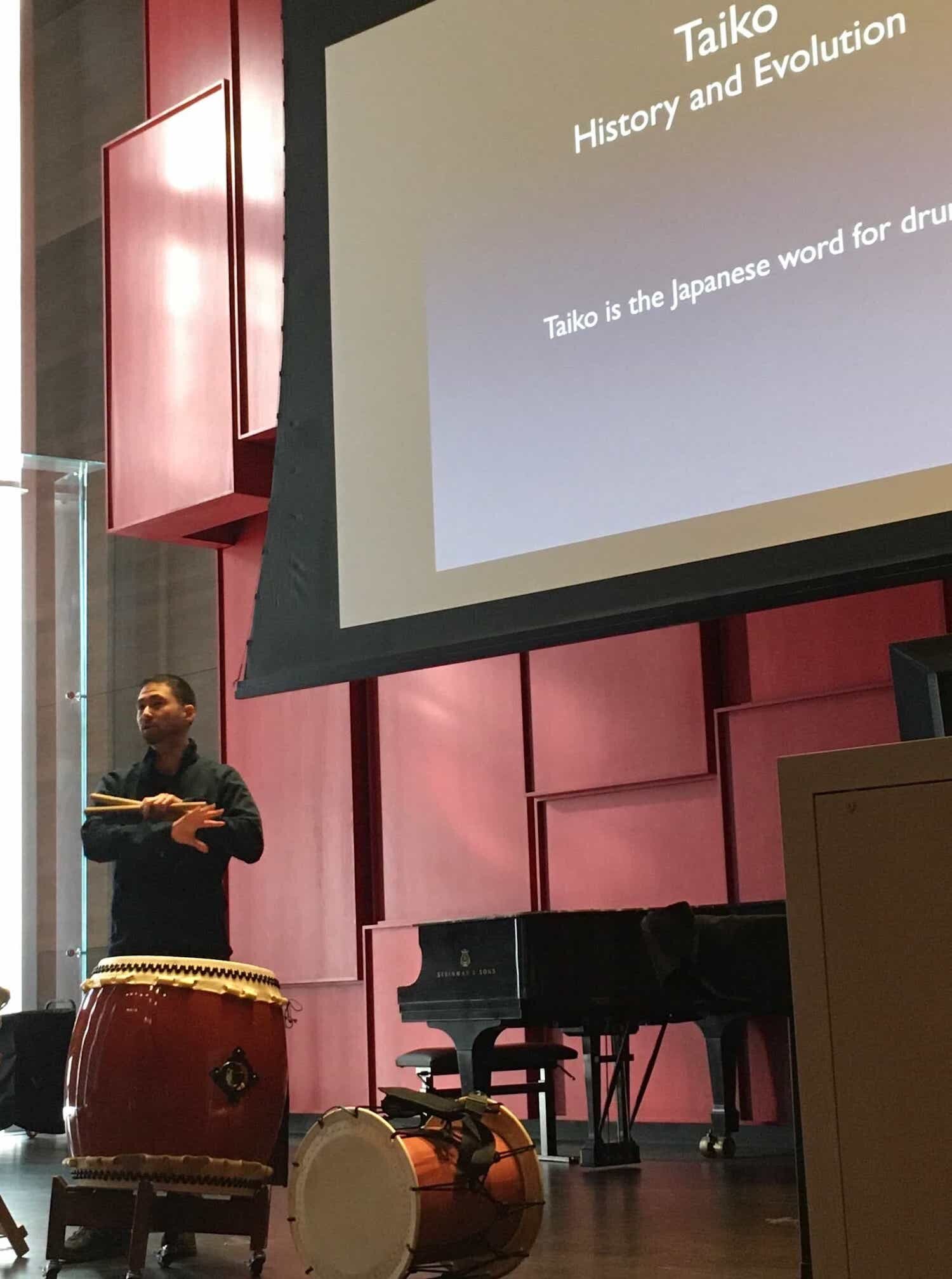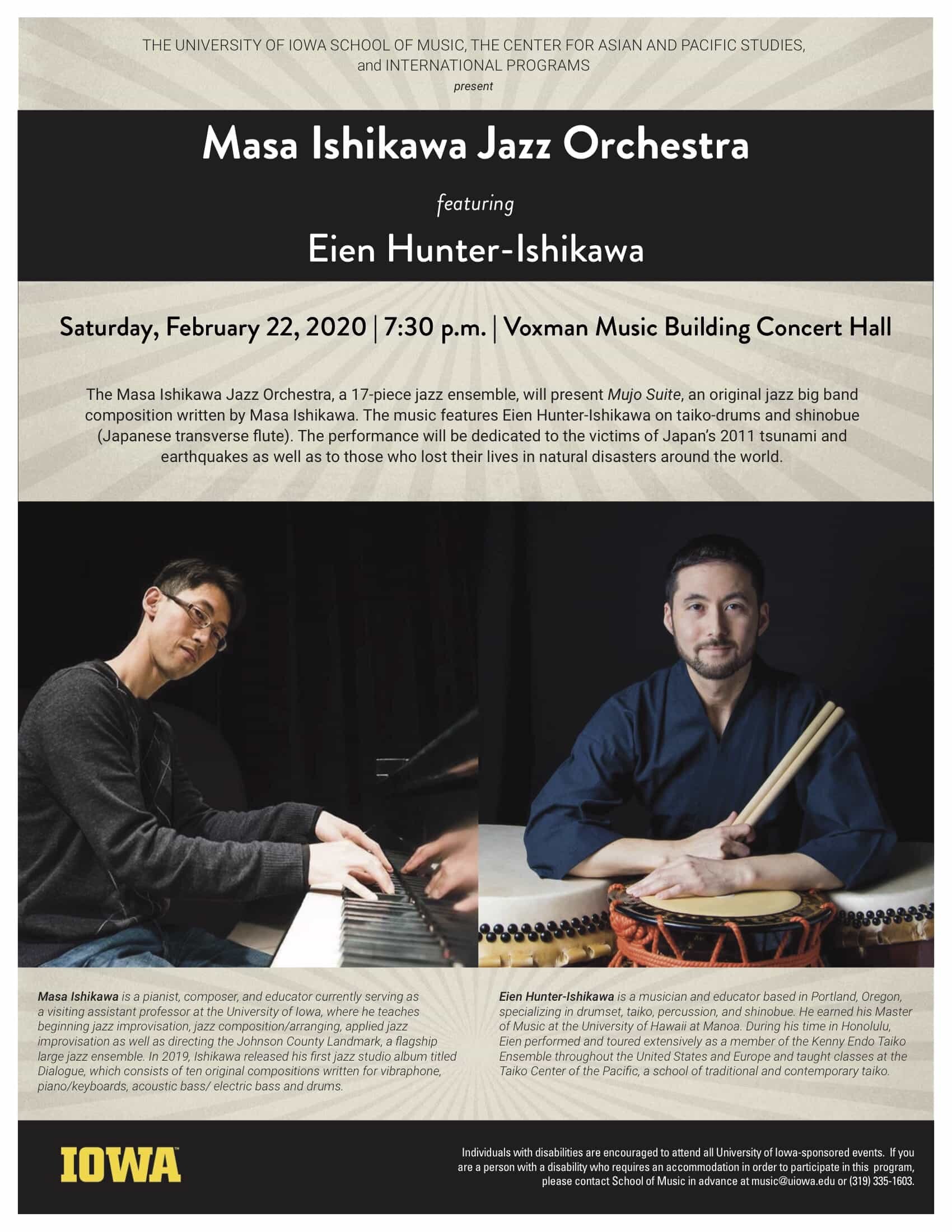Interview: Yuta Kato talks Suzuki sensei, Saburo sensei, Hachijo, and Yodan Uchi
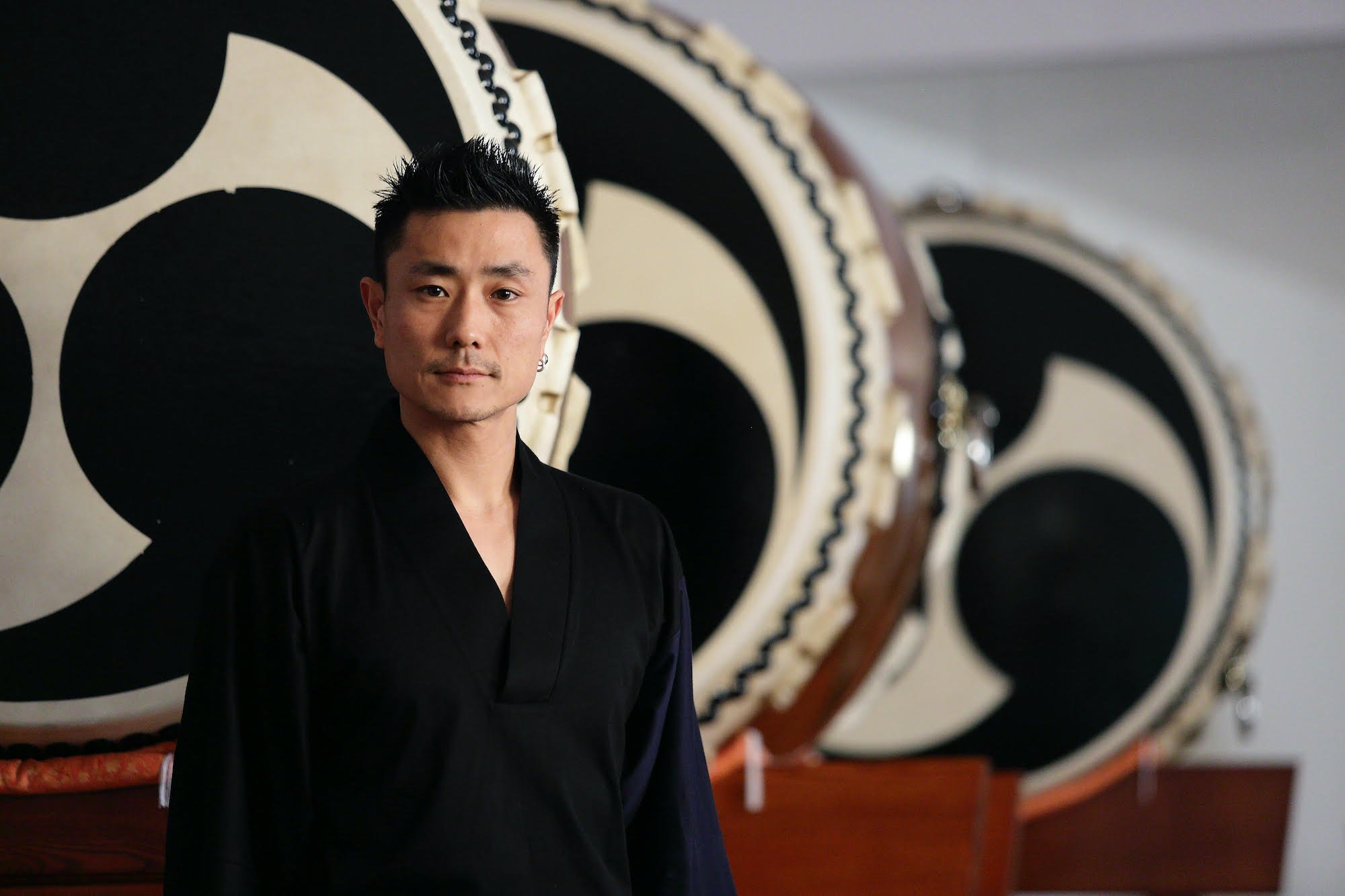
I had a fun time talking with Yuta Kato about his experiences in Japan. There were a lot of different topics we could have covered in this interview but I primarily wanted to hear about Yuta’s studies with the two very important teachers we have in common: Kyosuke Suzuki sensei and Saburo Mochizuki sensei. This discussion brought up many ideas we find important such as artistic integrity, teaching skills, the value of studying in Japan, and the different points of view on Sukeroku Daiko’s iconic piece Yodan Uchi. I also asked Yuta to share his story about becoming a passionate advocate for Hachijo Island, its taiko style, and the culture of the people there. This topic prompted us to converse about concepts like the importance of ryuha and iemoto (school and its leader) in traditional arts, striving for honesty in our soloing, efforts to connect people by removing barriers, and the valuable lessons that kumidaiko players can acquire from traditional Japanese music.
The impetus for this interview came in part from my recent discussion with Yuta and Masa Miyano about the upcoming event DONference at Asano Taiko US. In addition to covering the details and logistics, I felt like we touched upon some important concepts which could be covered in greater depth. If you haven’t checked that out, I would recommend it as a good supplement to this interview. I would like to thank Yuta for taking valuable time out of his schedule to talk with me. I think we were able to go beyond the surface and talk genuinely about some very meaningful things in music and life.
Yuta and Masa interview
https://www.eienhunterishikawa.com/blog/interview-yuta-and-masa-talk-about-donference
DONference website
https://www.solatidon.com
Yuta Kato was born and raised in California to a Japanese-only speaking family. Introduced to taiko by Kagami-Kai, a local rice-pounding group, he decided to further his studies with San Francisco Taiko Dojo at the age of 10. Since then he has been a part of UCLA Kyodo Taiko, Nihon Taiko Dojo, Getsuyoukai, and professional groups: TAIKOPROJECT, ON Ensemble, and Portland Taiko. From Fall 2007 until Winter 2011, he resided in Japan to study under masters of various traditional Japanese music. Upon returning to the US in 2011, he served successfully as Coordinator for the 2011 North American Taiko Conference, one of the largest gatherings of taiko players from around the globe.
Kato is also a sought after taiko instructor and has been invited to teach throughout the world. He currently resides in California serving as the principal and instructor for LATI (Los Angeles Taiko Institute) housed at Asano Taiko US, which opened in 2013. He performs as a member of UnitOne (Torrance, CA).
Los Angeles Taiko Institute
https://taiko.la
Asano Taiko US
http://asano.us
